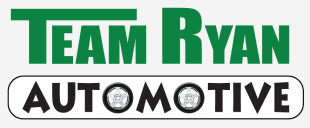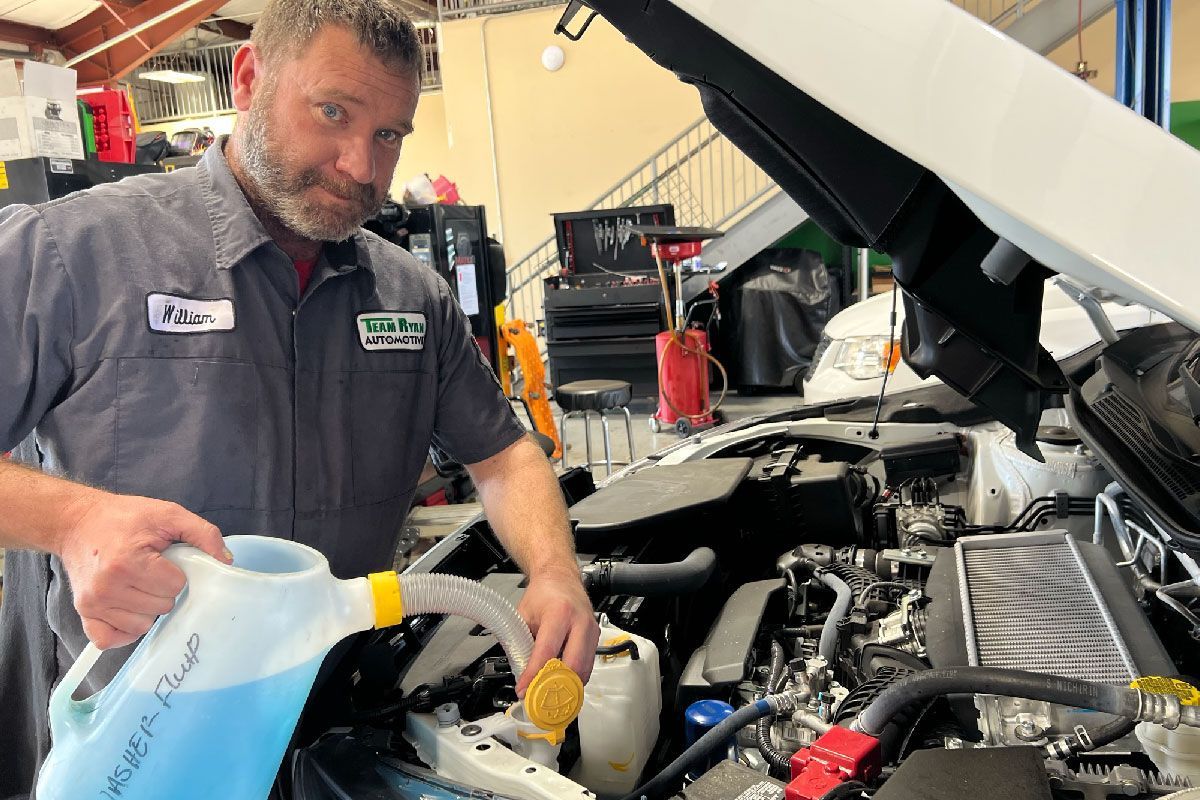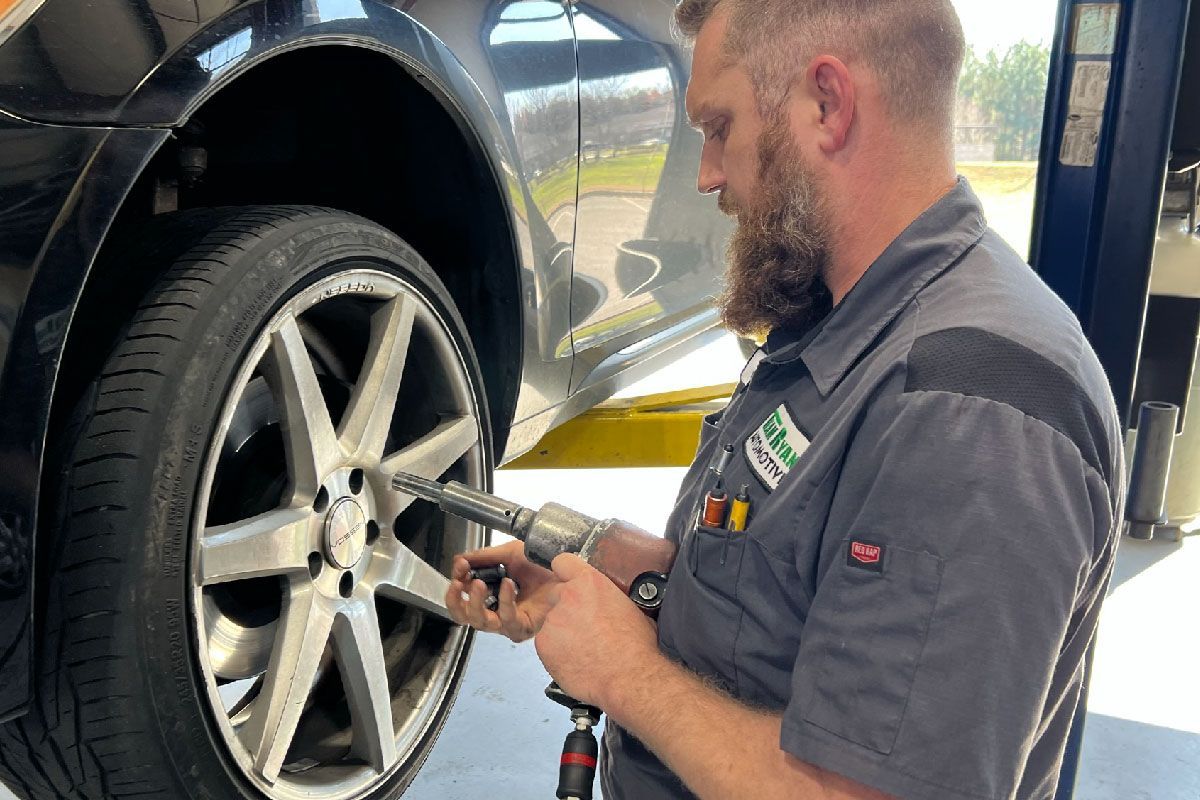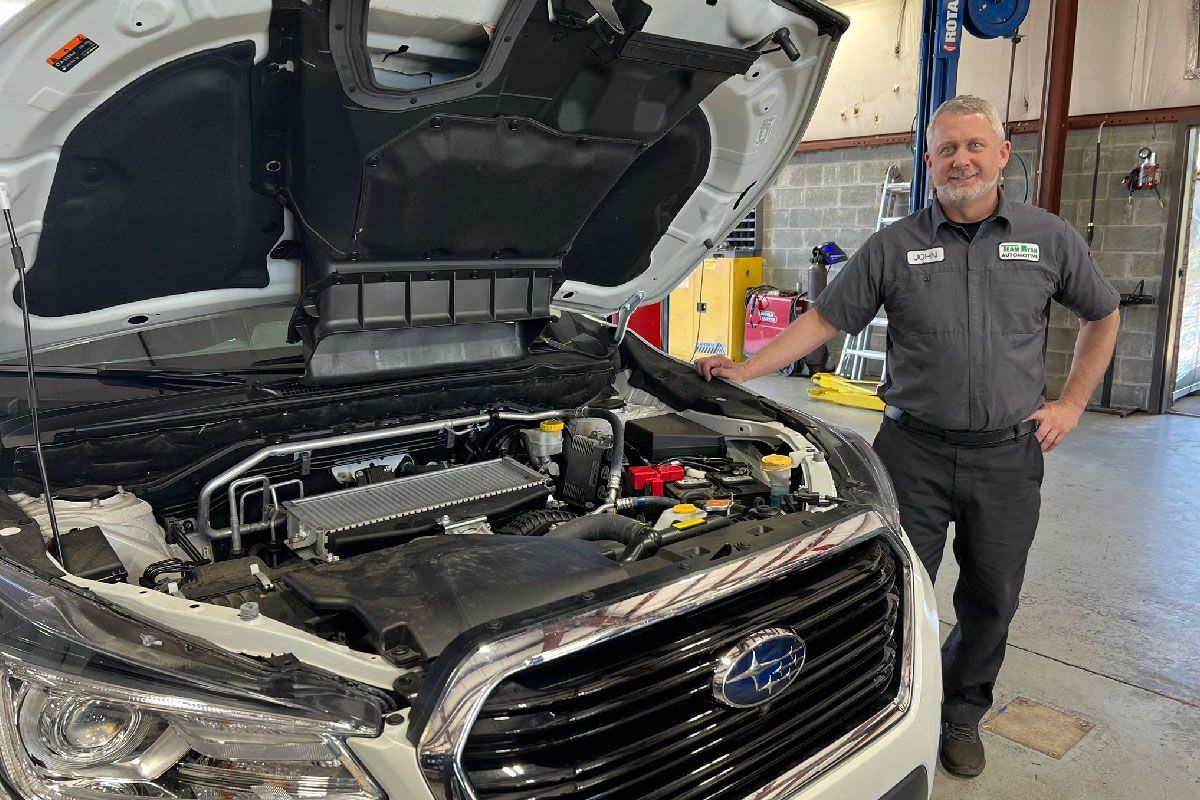The Best Diesel Engine Repair Centers in Buford and Cumming, GA
Diesel Engine Repair
We know how critical uptime is to your success. When a light comes on or an engine goes down, our service team quickly responds to resolve the issue and get you back on the road as quickly as possible.
- Running low on fluids? Need diesel particulate filter cleaning service? We perform routine tune-ups to keep your engine running at maximum power and efficiency.
- Problems with an EGR valve? Leaking oil? Our diesel mechanics are trained to identify the problem and fix any diesel engine. - if you need diesel engine repairs, consider it done.
- Not ready to invest in a new truck? We can break down, clean, service, repair, and re-assemble your failing engine block to prolong the lifespan of your diesel engine.
At our shop, we service a wide variety of diesel vehicles, including Pickup Trucks like the Ford F-250/350 Power Stroke, Dodge Ram 2500/3500 Cummins, and Chevrolet Silverado 2500HD Duramax. Our expertise extends to SUVs such as the Land Rover Discovery, Jeep Grand Cherokee EcoDiesel, and BMW X5 xDrive30d. We also cater to diesel Sedans like the BMW 328d, Mercedes-Benz E220d, and Audi A6 TDI, as well as Compact Cars including the Chevrolet Cruze Diesel and Volkswagen Golf TDI. If you have a Commercial Van like the Mercedes-Benz Sprinter or Ford Transit, we've got you covered there as well.
Jump To: More Details
What Our Customers Are Saying
"Very happy with Team Ryan! The transmission just started slipping and I didn't feel safe driving. We needed to have the company truck back on the road asap. The work was initiated immediately and completed in one day and done with care and professionalism! Thank you for your help and allowing us to be back in business without skipping a beat. Excellent service...Go TEAM!!"
- Viet N.
Expert Diesel Engine Repairs At Team Ryan Automotive
Built with longevity, durability and power output in mind, diesel engine assemblies are designed to use their own compression to ignite fuel in the combustion chamber. In gasoline engines, the fuel is mixed with air, compressed by pistons, and ignited by a spark plug. The rate of compression, or compression ratio, in a diesel engine is upwards of three times that of a regular gasoline engine system. In a diesel engine system, the air is compressed at a high compression ratio, which introduces a great amount of heat. Following this compression, fuel is directly injected into the cylinder, where the fuel vapor is ignited. Diesel engines are built without spark plugs. Instead, diesel systems use glow plugs to start and run more efficiently in colder temperatures. Glow plugs have two heating elements that allow them to get very hot very quickly for fast starts. Turbochargers increase the compression ignition by quickly compressing the air flowing into the engine, allowing for more air to flow into the chamber. More air in the combustion chamber means more fuel can be added to the combustion process. Turbochargers provide diesel engine systems with improved efficiency and power, along with ultimately more miles per gallon of diesel fuel.
Benefits Of Diesel Engine Repair
Your diesel engine keeps your vehicle moving, so it is especially important that you be aware of problems and seek repairs immediately. Because diesel engines make a considerable amount of noise during normal, everyday operation, diagnosing diesel engine problems can be hard to do if you are simply listening to the engine. However, there are a number of symptoms you can watch out for that indicate your diesel engine needs maintenance. A diesel engine running at lower RPMs or a hard-to-start engine are signs of low fuel pressure, but these signs may also be symptoms of an insufficient fuel supply or poor fuel quality. Allowing our staff to troubleshoot your diesel engine can help ensure that the proper repair procedures are followed to repair the engine. Every diesel engine manufacturer requires different preventive maintenance procedures, so referring to your owner’s manual will help in planning and scheduling routine maintenance services. Keeping all diesel engine components—injection pump, glow plugs, fuel injectors, and turbochargers—in proper working order will increase the life of your diesel engine system while promoting overall vehicle maintenance.











